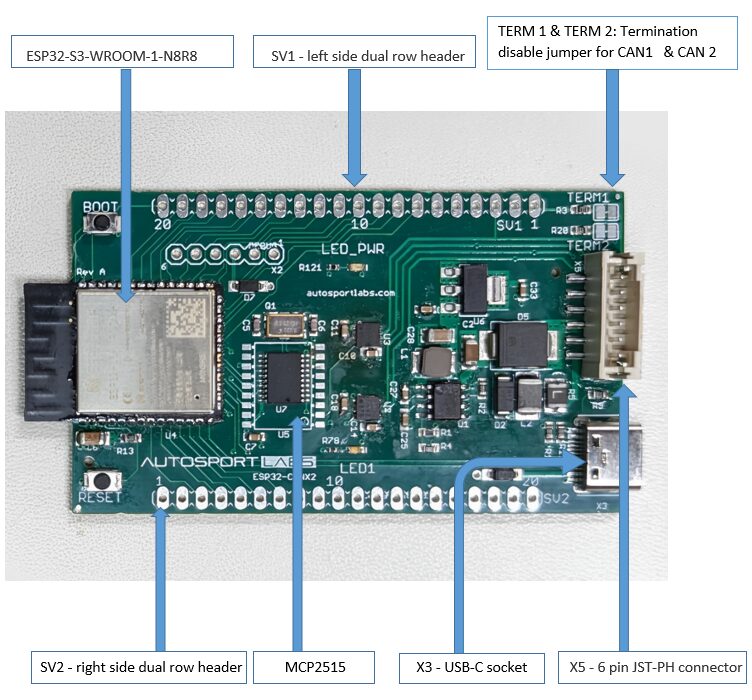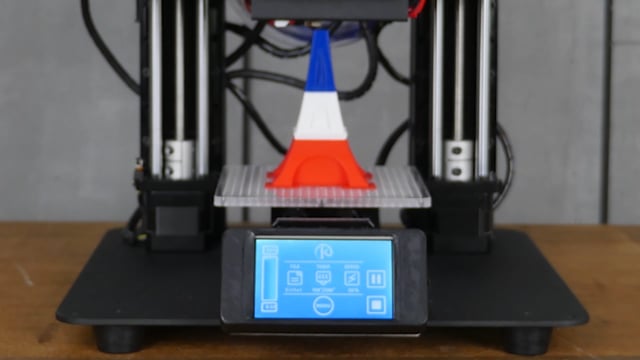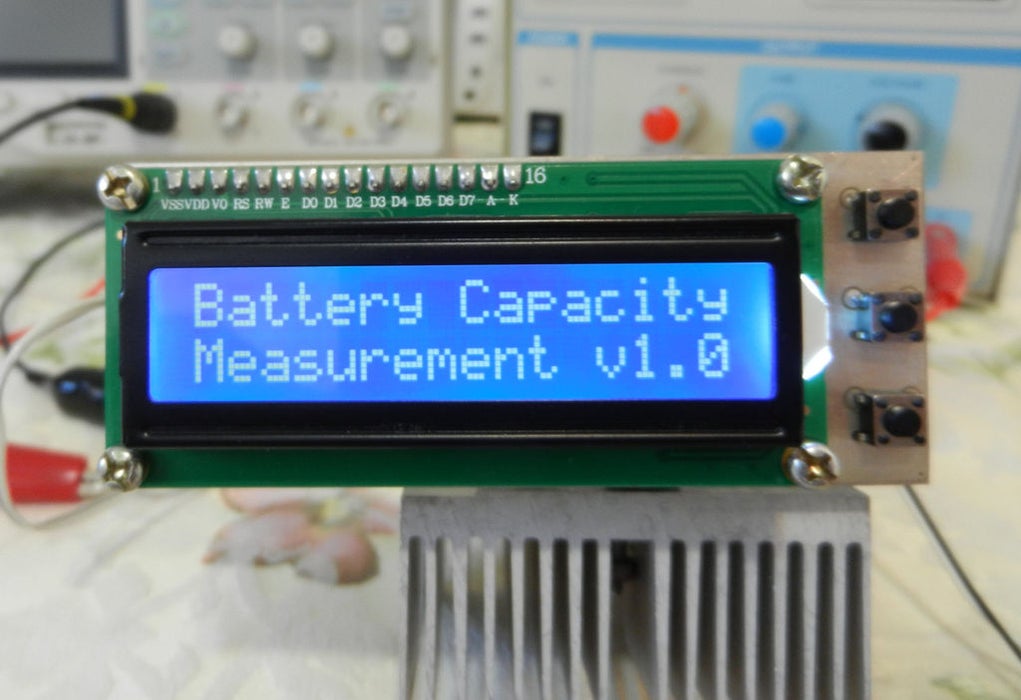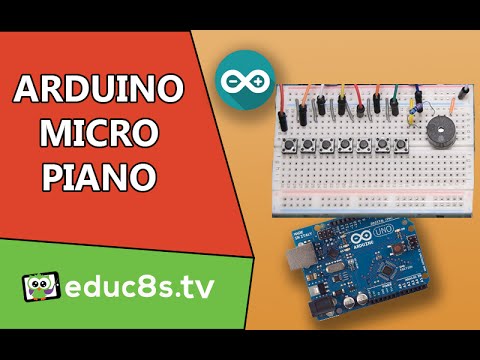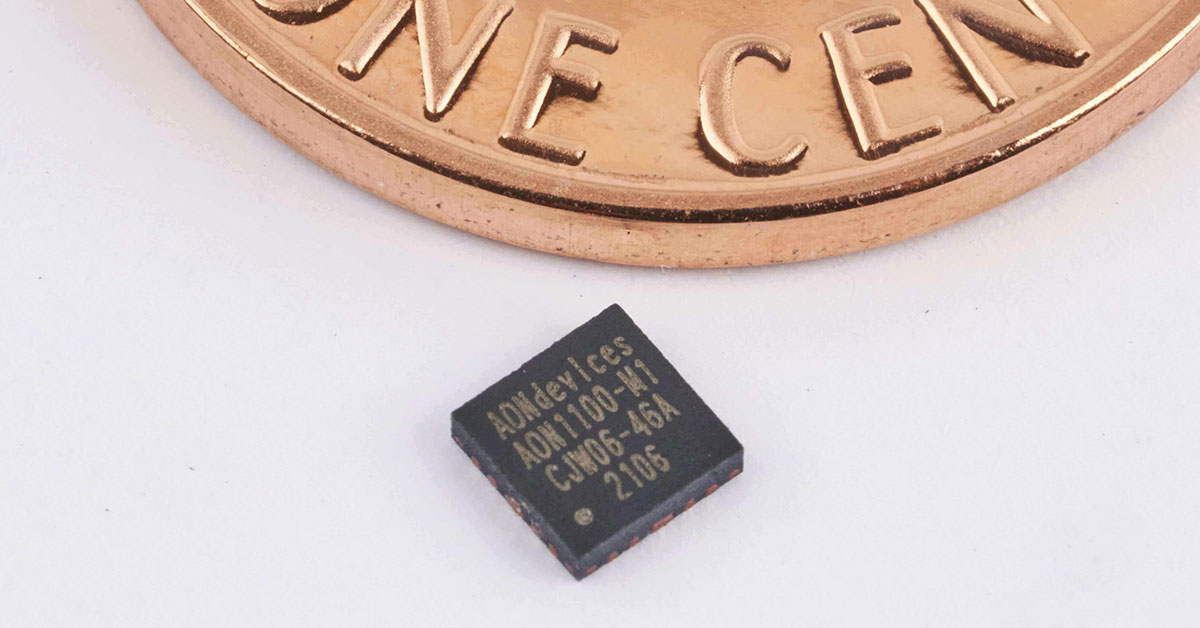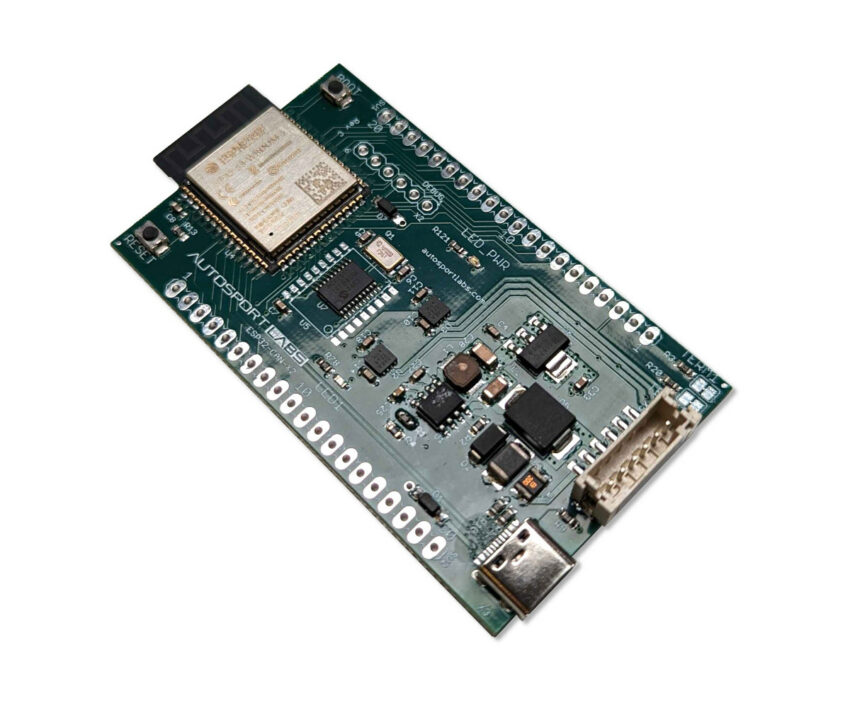
Autosport Labs ESP32-CAN-X2 Board: Dual CAN Bus Transceivers and Automotive-Grade Power Supply
Autosport Labs, a company renowned for its motorsport acquisition and real-time telemetry products, has introduced the ESP32-CAN-X2 board. This board features an ESP32-S3 microcontroller, dual CAN bus interfaces, and an automotive-grade power supply capable of handling a 6V to 20V DC input range.
ESP32 boards with CAN bus capabilities are not new, with predecessors like the Olimex ESP32-EVB Board, CAN32, CanLite ESP32, and RejsaCAN-ESP32-S3 paving the way. The ESP32-CAN-X2, however, stands out by incorporating two CAN bus interfaces alongside the ESP32-S3 microcontroller, offering enhanced functionality for automotive and industrial applications.
ESP32-CAN-X2 Board Specifications
- Wireless Module: ESP32-S3-WROOM-1-N8R8
- MCU: ESP32-S3 dual-core Tensilica LX7 microcontroller up to 240 MHz with 384KB ROM, 512KB SRAM, and 16 KB SRAM in RTC
- Memory: 8MB PSRAM
- Storage: 8MB flash
- Wireless: WiFi 4 and Bluetooth LE 5, with a PCB antenna
- USB: USB Type-C port for flashing and power
- CAN Bus:
- 6-pin header for 2x CAN V2.0B communication
- 1x CAN bus integrated into the ESP32-S3 MCU
- 1x CAN bus provided through MCP2515 connected over SPI
- Integrated CAN transceivers
- Configurable CAN termination resistors, disabled via breakable jumpers
- Expansion: All pins broken out to a DIP form factor, supporting future stackable “bolt-ons” add-on boards
- Miscellaneous:
- Power LED, user LED
- Reset and Boot push buttons
- Automotive-grade Power Supply:
- 6-20V DC input via USB-C port or VIN pin, with peaks up to 40V Vmax
- 3.3V voltage regulator
- Power consumption: 330mW typical, up to 1.65W
- Dimensions: 72 x 42.10 mm
- Temperature Range: -40°C to +85°C
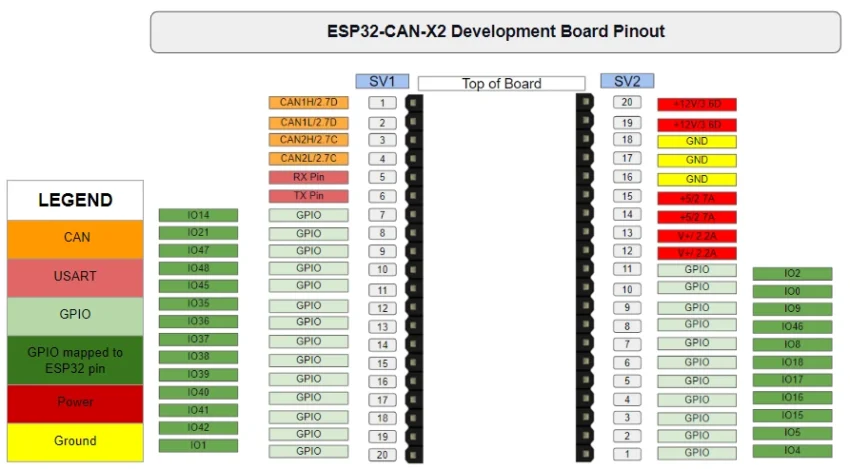
The ESP32-S3 dual CAN bus board is ideal for automotive and industrial applications. Potential projects include creating a button panel to broadcast messages to a Power Distribution Module (PDM), triggering a relay via a CAN bus message, bridging two CAN bus networks with different baud rates, collecting data from two distinct CAN bus networks, isolating traffic between CAN networks, and developing a “man in the middle” agent for CAN bus message source identification and reverse engineering.
The company provides Arduino and CircuitPython examples on GitHub to help users get started quickly with a ping pong example that sends packets between the CAN1 and CAN2 interfaces of the board. More technical details about the hardware and instructions to get started with the Arduino and CircuitPython can be found in the wiki.
Autosport Labs offers the ESP32-CAN-X2 board for $49.95 on their website, providing an accessible and versatile solution for high-performance CAN bus applications.





